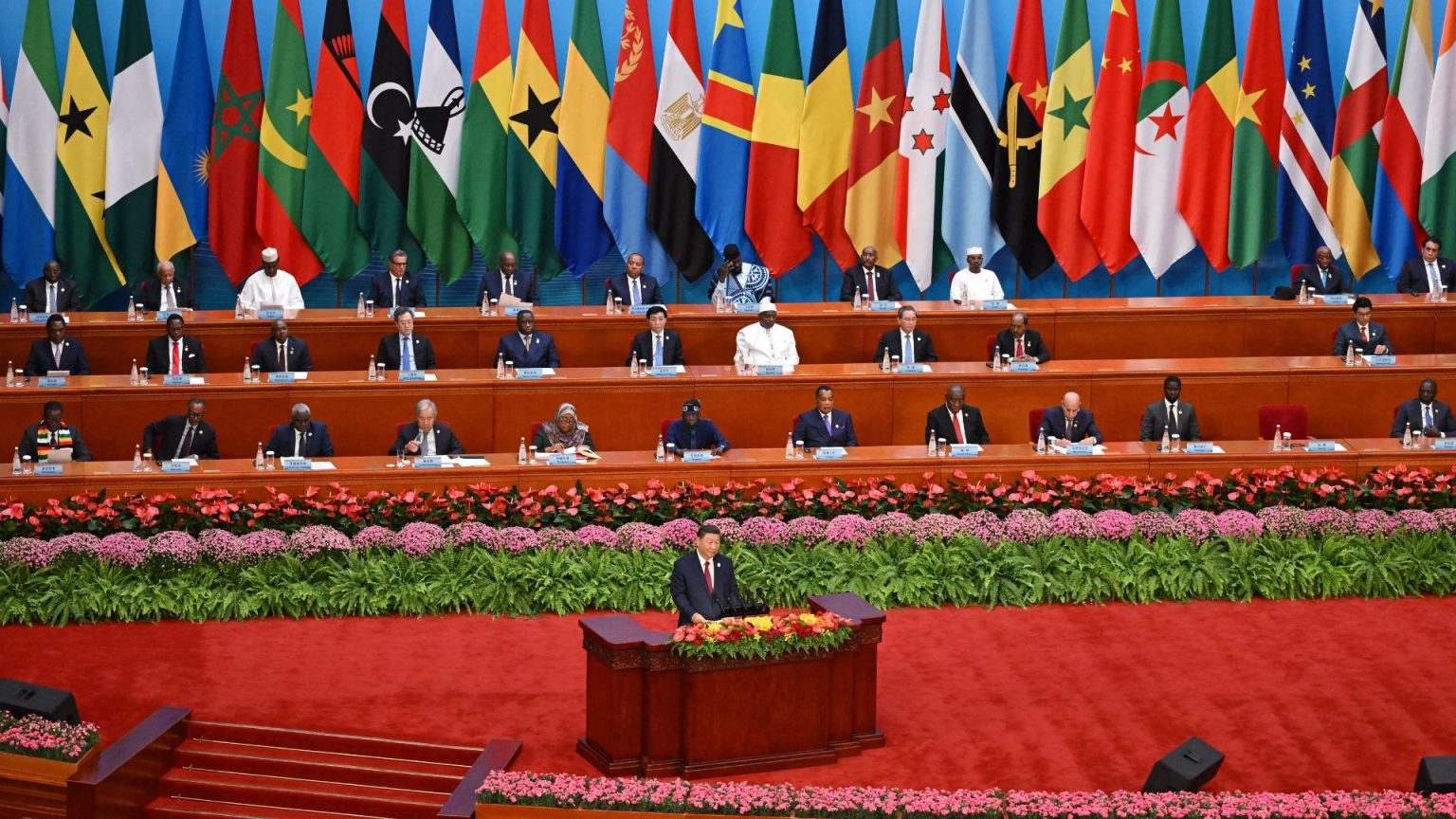President Xi Jinping recently announced at a summit in Beijing that China would be providing African nations with $50 billion in loans and funding. This significant investment underscores China’s position as the continent’s top investor, with strong economic ties between the two regions. The massive investment has raised questions about what this means for Africa, China, and its Western rivals.
The $50 billion pledge from China to African nations showcases the country’s commitment to deepening economic ties with the continent. This investment is expected to support infrastructure projects, industrial development, and other initiatives that will stimulate economic growth in Africa. While some view this as a positive development that will help boost African economies and improve living standards, others have raised concerns about the potential for debt dependency and other forms of exploitation.
Hannah Ryder, CEO of Development Reimagined, an independent development consultancy, believes that Chinese investment in Africa can have both positive and negative impacts. While the funding can help address critical infrastructure gaps and accelerate economic development, there is a need for greater transparency and accountability in how these funds are utilized. It is essential for African nations to ensure that investments from China are aligned with their long-term development goals and do not lead to unsustainable debt burdens.
Sanusha Naidu, a senior research associate at the Institute for Global Dialogue, points out that China’s investment in Africa is driven by a desire to access the continent’s vast natural resources and expand its influence globally. While this investment can bring tangible benefits to African nations, there is a risk of overreliance on China and a lack of diversification in economic partnerships. Naidu emphasizes the importance of African countries negotiating from a position of strength and ensuring that any agreements with China are mutually beneficial.
Einar Tangen, a senior fellow at the Taihe Institute, believes that China’s investment in Africa reflects its strategic interests in securing access to resources, markets, and influence in the region. As China continues to expand its presence in Africa, Tangen stresses the need for African nations to prioritize their own development agendas and negotiate effectively with Chinese partners. It is crucial for African countries to strike a balance between leveraging Chinese investment for economic growth and safeguarding their sovereignty and national interests.
In conclusion, China’s pledge of $50 billion in loans and funding to African nations underscores the growing economic ties between the two regions and China’s commitment to deepening its engagement with Africa. While this investment has the potential to stimulate economic development and address critical infrastructure gaps in Africa, there are concerns about debt dependency, lack of transparency, and other challenges that need to be addressed. It is essential for African countries to negotiate effectively with China, ensure that investments align with their long-term development goals, and safeguard their sovereignty and national interests in the face of growing Chinese influence in the region.


